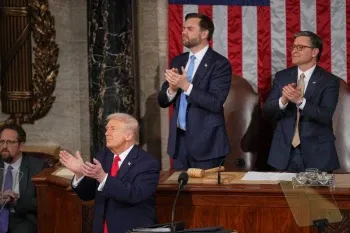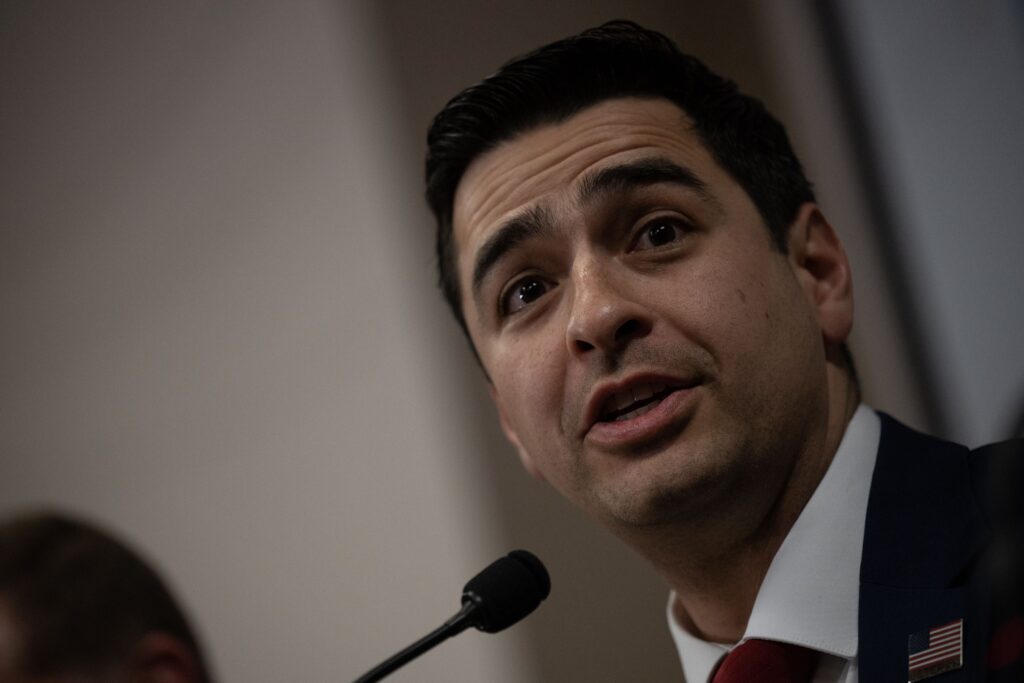A year later, and still no movement from Biden on tariffs | OPINION


Last February, I wrote an article for The Gazette expressing concerns about the adverse consequences of Section 232 tariffs on aluminum imports for Colorado’s economy. Unfortunately, more than a year later, these tariffs are still in place, and the Biden administration has reaffirmed their commitment to maintaining them indefinitely.
This commitment comes despite the World Trade Organization’s finding that these tariffs violate international trade law. The WTO specifically criticized the United States’ rationale that the tariffs were necessary for national security, as there was no ongoing war or similar crisis in international relations when they were imposed.
As the former executive director of the Colorado African Chamber of Commerce and the current executive director of the Wezesha Dada Center (WDC), I am intimately familiar with the evolving needs of Colorado’s businesses – particularly those in the Black community, but in the state as a whole as well. Through my experience, I have gained a deep awareness of how tariffs’ trickle-down impacts affect downstream industries, especially small businesses that often struggle to generate significant economic profit and often barely break even.
Stay up to speed: Sign-up for daily opinion in your inbox Monday-Friday
My concern about the persistence of these tariffs, and the reason I am revisiting this issue, stems from the recent evidence released by the U.S. International Trade Commission (ITC). The ITC’s review unequivocally shows the tariffs have caused domestic prices to increase. According to the report, the Section 232 tariffs have led to higher aluminum prices in the U.S. and decreased production in downstream industries, resulting in an economic loss of $3.5 billion in 2021 alone. The report explicitly states the tariffs “reduced production in downstream industries in the United States that use steel and aluminum products as inputs because of increased prices.”
The impact of increased aluminum prices may not be immediately apparent to everyday consumers, but numerous primary and downstream industries rely on aluminum in their day-to-day operations. Even a slight increase in material prices can send shockwaves throughout the supply chain, leading to significant consequences for various sectors of the economy. Industries such as construction and manufacturing, which make substantial contributions to Colorado’s economy and employ thousands of workers, as well as aviation, defense, transportation and food and beverage packaging, all extensively use aluminum.
Moreover, many consumer goods are made from aluminum. For example, the body of the Ford F-150, the best-selling vehicle in America, is composed of 97% aluminum. U.S. beverage manufacturers, who use aluminum cans for their products, have reportedly paid more than $1.8 billion in tariffs, according to The Beer Institute.
Tariffs not only harm the economy but may also have negative environmental implications. A case study conducted by the American Security Project found maintaining the Section 232 tariffs on aluminum could hinder our climate and decarbonization goals. Global companies employ lower-carbon methods of aluminum production, allowing foreign smelters to operate with higher energy efficiency compared to the outdated technology used by US smelters. The report concludes instead of maintaining broad tariffs that restrict imports of low-carbon, energy-efficient technology, the U.S. should modify trade policies to encourage imports from countries that produce low-carbon aluminum.
It is evident to anyone with a background in economics or business these tariffs are flawed policies, providing few to no benefits while placing further strain on our economy and adding pressure to small businesses. The question arises: what can we do to remove these burdensome tariffs and alleviate the pressure on Colorado’s businesses? As ordinary citizens, we can make our voices heard by contacting our Congressional representatives. Write to your U.S. House representative today and urge them to take up this issue with the Biden administration and their colleagues in Congress to drive action and eliminate these harmful tariffs. In doing so, we will be working toward a more prosperous future for Colorado’s economy and businesses.
Maya Wheeler is the former executive director of the African Chamber of Commerce in Colorado, and current executive director of the Wezesha Dada Center (WDC). The WDC brings women together and provides technical assistance, support referrals and resources to help women establish businesses, achieve financial independence and improve their overall well-being.












